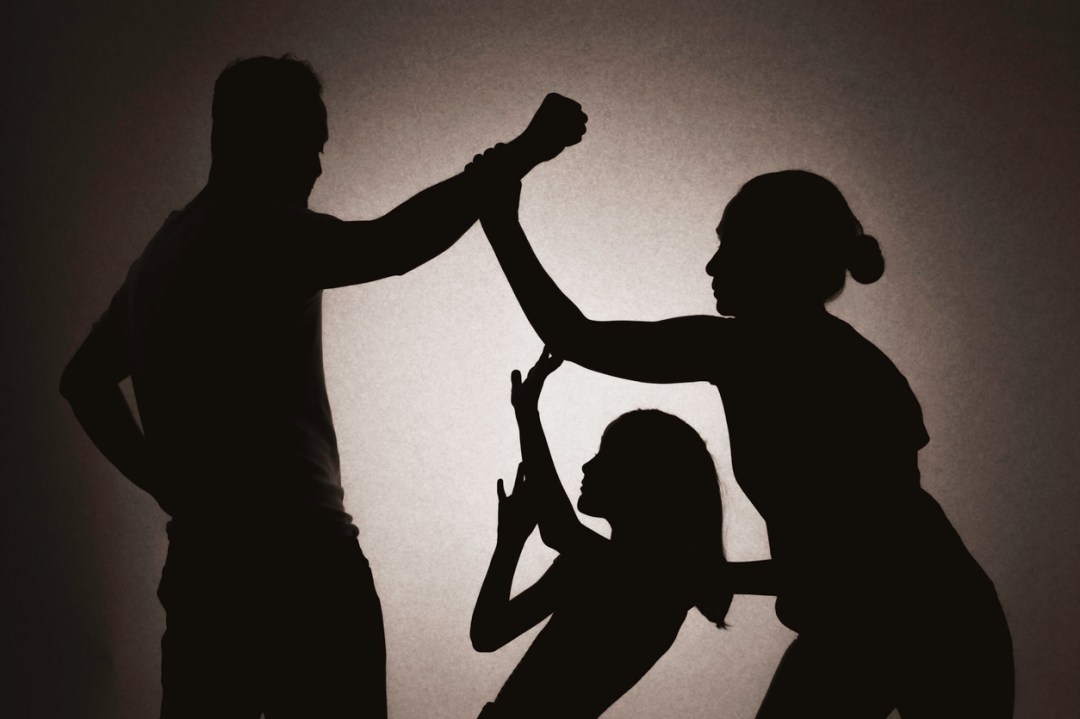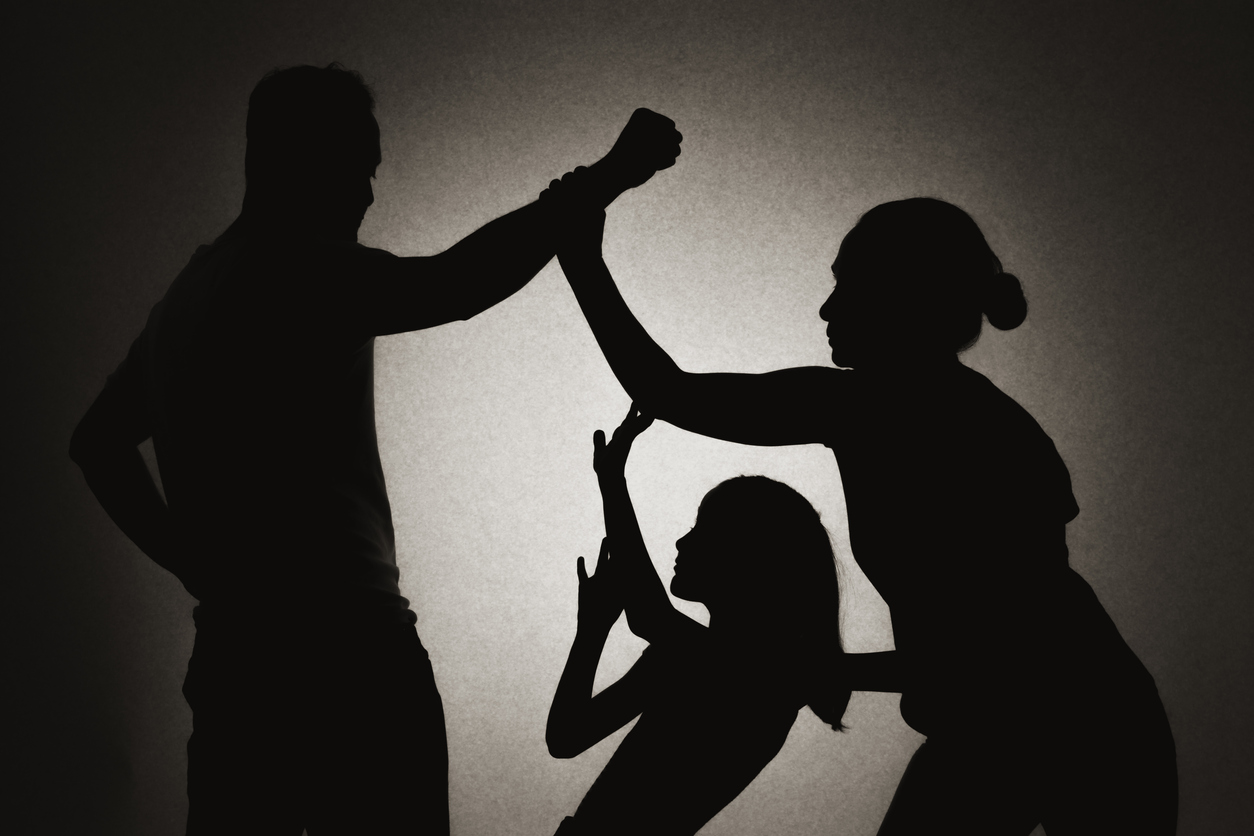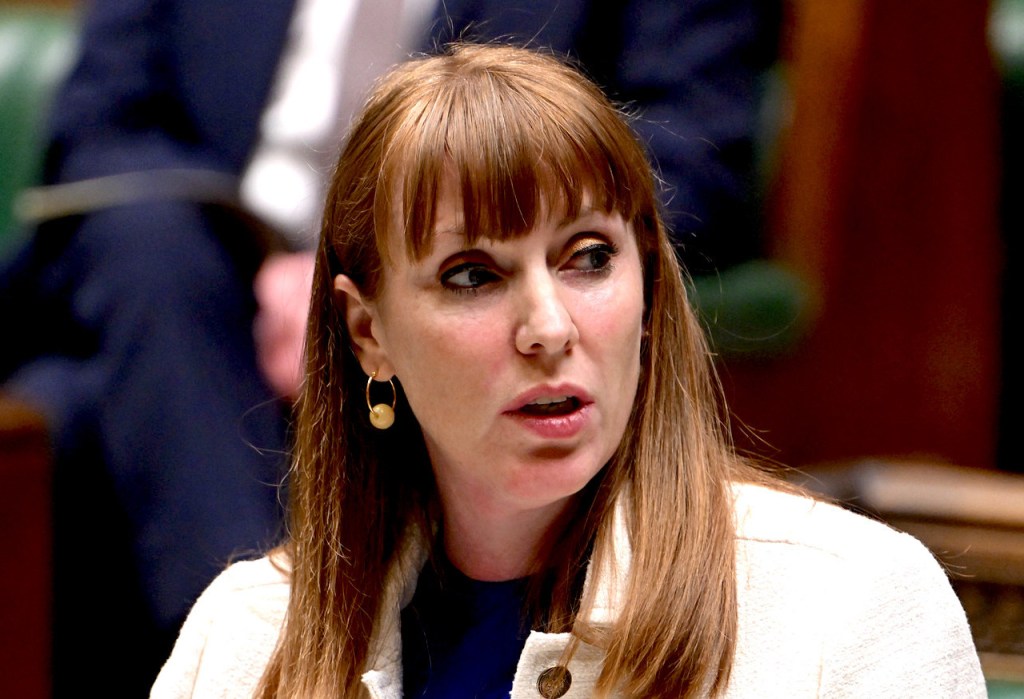It’s not often the Ministry of Justice gets it absolutely right. But they have today. It has been announced that the Victims and Courts Bill will be amended to stop coercive and controlling fathers from using their parental rights to control their children and former partners even from inside a prison cell. This long-overdue change in the law means that fathers convicted of rape, and parents of either sex convicted of serious sexual offences, will have their legal right to parental responsibility restricted. The current system has allowed this legal right to be abused.
This long-overdue change in the law means that fathers convicted of rape, and parents of either sex convicted of serious sexual offences, will have their legal right to parental responsibility restricted
Since 2023 I have been a PhD researcher at the University of Southampton, where I have been researching the experiences of children with a parent in prison. In the course of that work I have partnered with Children Heard and Seen (CHAS), a charity which specialises in supporting children with a parent in prison.
In one case, a parent they support was referred to the charity after her ex-partner and father of their four children was convicted of rape and sexual assault as part of a gang grooming young girls. Despite this, he was able to use his parental responsibility to coercively control his ex-partner and children from prison, demanding access to every school report and preventing them from changing schools or even moving house.
When he was released from prison, the man changed his legal name to end his association with his offending. However, he exercised his parental responsibility to prevent the four children from changing their names. Therefore, despite being entirely innocent, they were forced to be associated with their father’s crimes, which were widely reported in the press.
Changing childrens’ names isn’t just symbolic. A CHAS representative told me that 14 per cent of the children they support ‘have a parent in prison for serious child sexual offences. These children are often subject to backlash from the community, including severe bullying at school and vigilante attacks on their home’. And so these children become another victim of their fathers’ crimes, while, as CHAS explained, ‘under the current law, they can’t change schools, leave the country or even access mental health support without the consent of their parent in prison’.
Another change will be to strip rapists of automatic parental rights if there is a child born from their crime. It’s astonishing that this law wasn’t changed many years ago. Even fathers who abuse their own children have retained parental rights until now.
Lauren, a mother, explained her story, saying: ‘my daughter, currently has one parent with parental responsibility who is unable to exercise his rights due to the fact that she was the victim of his crime. Although he cannot play an active role in her life, the fact that he still legally holds PR [Parental Responsibility] continues to have a negative emotional impact on our family. It means that, in principle, he retains rights and decision-making power over aspects of her life — despite being the person responsible for significant harm and trauma. Ensuring that all legal ties which give the offender power are removed would allow us true safety and closure.’
Another mother, speaking anonymously, said ‘I recently asked for Parental Responsibility to be removed and was told it was highly unlikely, and it’s only ever happened a handful of times. As it is he got 16 years for 25 plus sexual offences, so both of my kids will be adults when he is out. I completely agree it should be removed automatically in cases like these.’
These are very welcome changes. In the course of my research I’ve found that there is often an assumption amongst the justice establishment and social services that men in prison should have regular contact with their children. Prisons and probation like it because data shows that such contact makes men less likely to offend, while social services have long followed the precept that ‘keeping the family together is the most important thing’. This often means totally disregarding children’s best interests and desires.
During my fieldwork I met a teenager who said to me that adults in authority kept encouraging him to have contact with his father, despite the boy being clear that ‘I hate my dad, I wish he was never getting out of prison.’ When he explained to me the particularly horrific, sexual nature of his father’s crimes, I understood why.
Some men in prison are capable of being good fathers, and are doing their best. But some are terrible fathers, who will only harm their children. In changing the law today the government has taken a small step to recognising that reality, and pushed back a little against the ‘keep the family together’ consensus. They should be applauded.








Comments